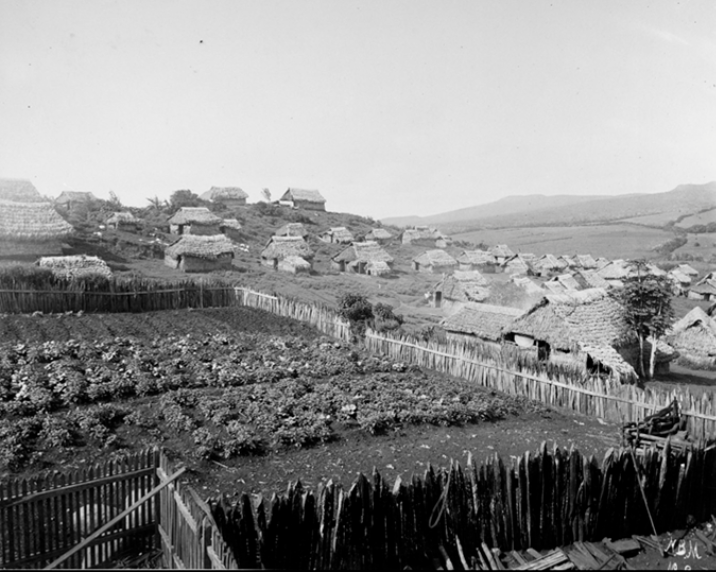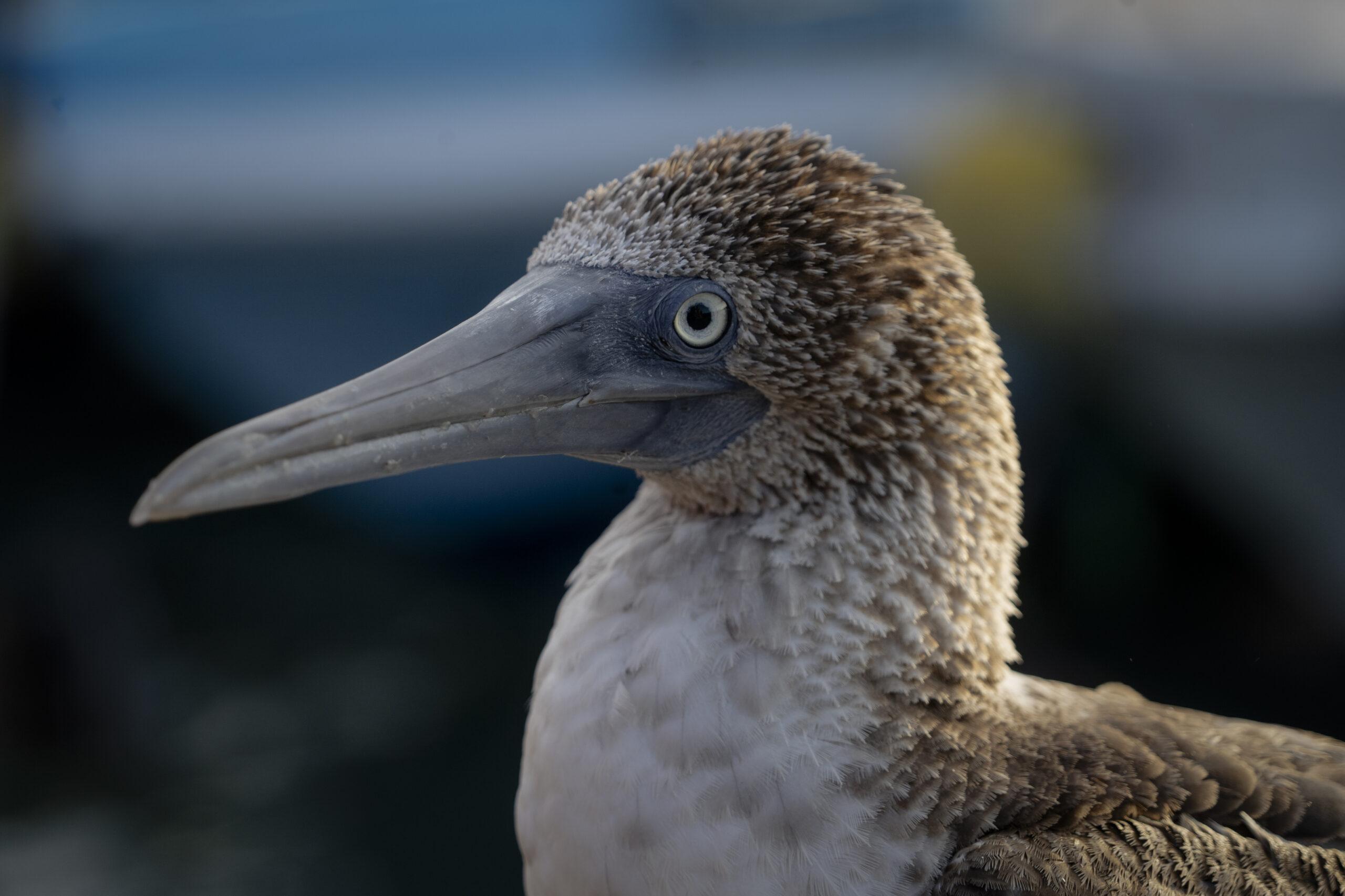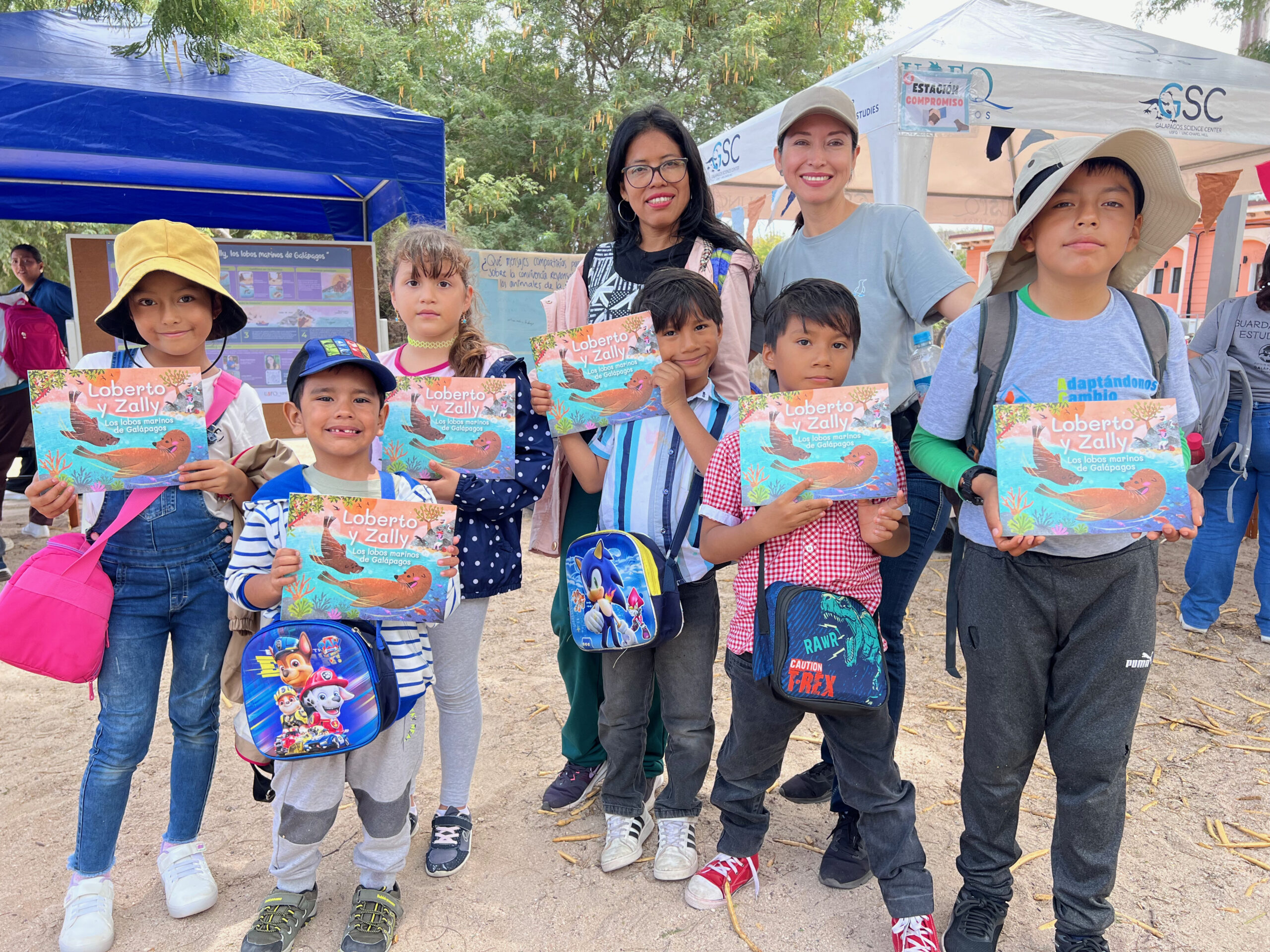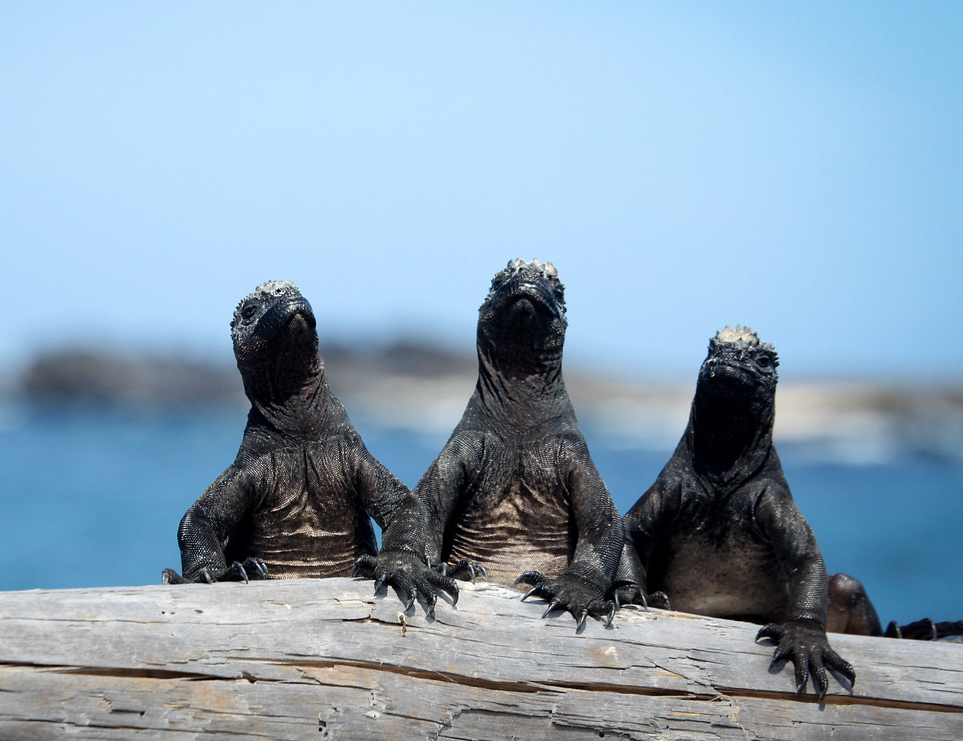Fernando Astudillo, Edy Becerra, Florencio Delgado, Ross Jamieson and Peter W. Stahl.
Abstract
The Hacienda El Progreso functioned as an important Ecuadorian agro-industrial enterprise in the late nineteenth century. Operating out of San Cristóbal Island in the Galápagos archipelago, the plantation exported refined sugar, coffee, cattle products, and other goods to national and international markets. From its beginnings in the 1860s, the plantation established the first permanent human settlement on the island, and long after its demise in the 1930s, it continues to exert an important influence in local culture. Contemporary communities of San Cristóbal are shaping their identities based on the historical importance of the hacienda. The summer of 2018 was our last field season. From its start, the Historical Ecology of the Galápagos Islands project involved close participation with communal authorities and town leaders to investigate the island’s human past. In this article, we discuss legacy and services of our project in the contemporary setting of Galápagos. We examine the relevance and contributions of our project to education, heritage policies, and the local economy. We discuss lessons learned from interactions and collaborations between archaeologists and the local community, and we evaluate the consequences of implementing an archaeological project on a remote environmental sanctuary where interest in human history can collide with the agendas of nature conservation and a lucrative ecotourism industry.
Read the article in the link: https://www.cambridge.org/core/journals/advances-in-archaeological-practice/article/when-the-archaeologists-leave/7C6EBFC58DFE50A1CA5930B5AD6F400B#article






